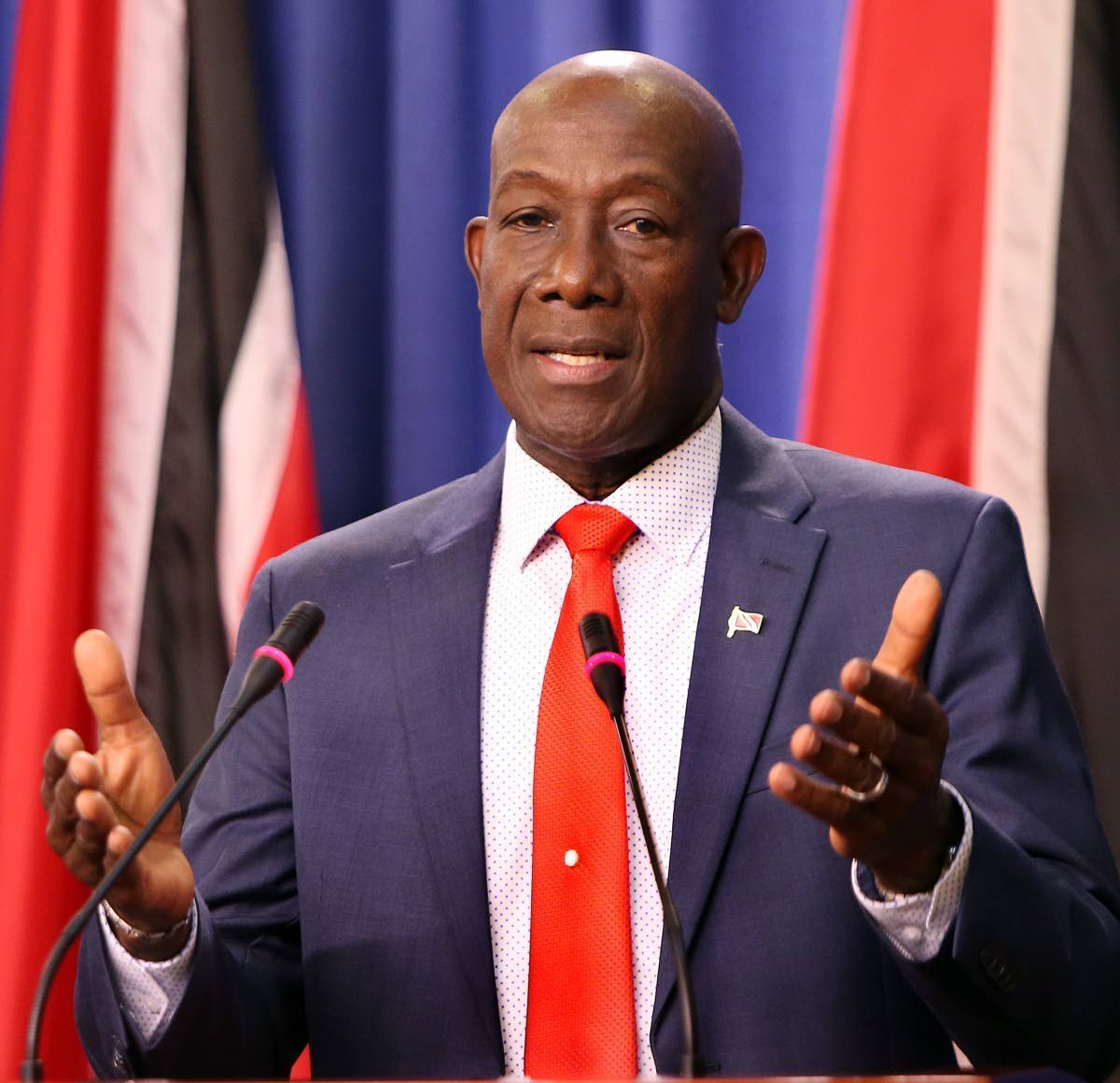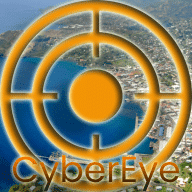
Dr. Keith Rowley, Prime Minister of Trinidad and Tobago, has reaffirmed the Caribbean Community’s (CARICOM) unwavering support for Guyana amid its ongoing border controversy with Venezuela. He emphasized the need for the Caribbean region to remain a “zone of peace” during a press conference where he addressed Trinidad and Tobago’s relations with Venezuela.
This statement comes as Venezuela plans a referendum on December 3 to annex Guyana’s Essequibo region. Dr. Rowley advocates for dialogue as the primary approach to resolving any difficulties that arise, maintaining that the region must be a zone of peace. He underscored CARICOM’s support for Guyana, a position he says is well known to Venezuela.
Echoing similar sentiments, Prime Minister of St. Vincent and the Grenadines, Ralph Gonsalves, stated during a joint press conference with Barbados Prime Minister Mia Mottley that CARICOM has always supported Guyana’s territorial integrity. Mottley, on her part, expressed a desire for the region to remain peaceful, highlighting the importance of maintaining calm and avoiding escalation.
The roots of the border controversy trace back to the 1899 Arbitral Award, which established the land boundary between British Guiana (now Guyana) and Venezuela. Despite this historic decision, Venezuela has consistently challenged its validity.
In 2018, Guyana approached the International Court of Justice (ICJ) to affirm the legitimacy of the 1899 Award. Venezuela initially contested the ICJ’s jurisdiction, a claim rejected by the Court in December 2020, paving the way for a substantive hearing.
Venezuela’s planned referendum is seen by Guyana as an attempt to undermine the ongoing ICJ proceedings and exert control over the Essequibo region. In response, Guyana has sought provisional measures from the ICJ to prevent any action that might change the current status before the Court’s final decision.
Venezuela’s Vice-President, Delcy Rodriguez, has declared her country’s disregard for the ICJ’s authority in this matter. The substantive case concerning the historic context and the 1899 Arbitral Award remains pending before the World Court. This situation underscores the complex geopolitics of the region and the importance of international law and dialogue in resolving such disputes.



 and then
and then